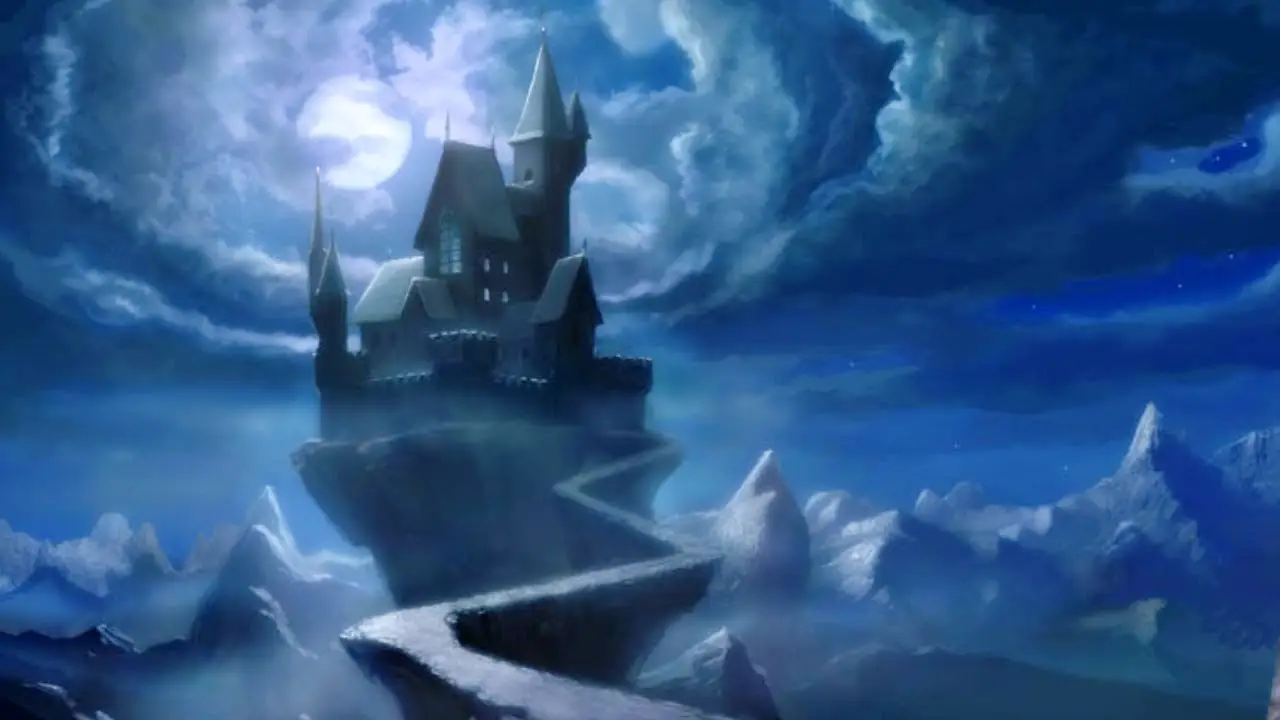Table of contents
The Battle of New Orleans was a pivotal engagement fought between the United States and Great Britain during the War of 1812. This significant conflict took place from January 8 to January 18, 1815, and it is renowned for being the final major battle of the war, even though it occurred after the signing of the Treaty of Ghent, which officially ended hostilities.
Key Points
Background
1. War of 1812 Origins
The War of 1812, often considered the “Second War of Independence” by Americans, was fueled by a combination of maritime issues, trade restrictions, and British impressment of American sailors. Tensions reached a boiling point, leading to the United States declaring war against Britain in 1812.
2. Southern Theater of the War
While the war had multiple theaters, the Southern United States became a battleground, with British forces eyeing New Orleans due to its strategic significance as a major port.
The Battle
1. British Invasion
In December 1814, a British fleet, commanded by General Sir Edward Pakenham, arrived near New Orleans. The American defenses were led by Major General Andrew Jackson, a future President of the United States.
2. Defensive Preparations
Andrew Jackson, recognizing the importance of New Orleans, implemented a defensive strategy that included fortifying defensive positions, constructing earthworks, and rallying a diverse group of defenders, including regular soldiers, militia, free people of color, and even pirates like Jean Lafitte.
3. The Main Battle – January 8, 1815
The main battle took place on January 8, 1815, and it is the most famous part of the conflict. The British launched a frontal assault on the American defenses. However, due to the well-prepared positions and the tenacity of the American forces, the British suffered heavy casualties.
4. American Victory
The Battle of New Orleans resulted in a resounding victory for the United States. The British suffered approximately 2,000 casualties, including the death of General Pakenham. In contrast, the Americans sustained only around 70 casualties. This lopsided victory had a profound impact on American morale and the perception of Andrew Jackson as a national hero.
Significance
1. Post-War Impact
Ironically, the Battle of New Orleans occurred after the signing of the Treaty of Ghent on December 24, 1814. However, news of the treaty had not reached the combatants, and the battle continued. The decisive American victory solidified the nation’s confidence and provided a sense of triumph despite the war’s mixed overall outcomes.
2. Andrew Jackson’s Legacy
Andrew Jackson’s success at the Battle of New Orleans played a crucial role in shaping his political career. He went on to become the seventh President of the United States and is remembered for his leadership during this significant conflict.
3. Symbolic Importance
The Battle of New Orleans holds symbolic importance in American history. It is often remembered as a symbol of resilience and determination in the face of adversity, showcasing the capacity of a diverse group of defenders to repel a formidable adversary.
Conclusion
The Battle of New Orleans, although fought after the war’s official end, remains a prominent chapter in American history. Its impact on national morale, the emergence of Andrew Jackson as a hero, and its symbolic significance make it a noteworthy event that contributed to shaping the narrative of the early 19th century in the United States.


















